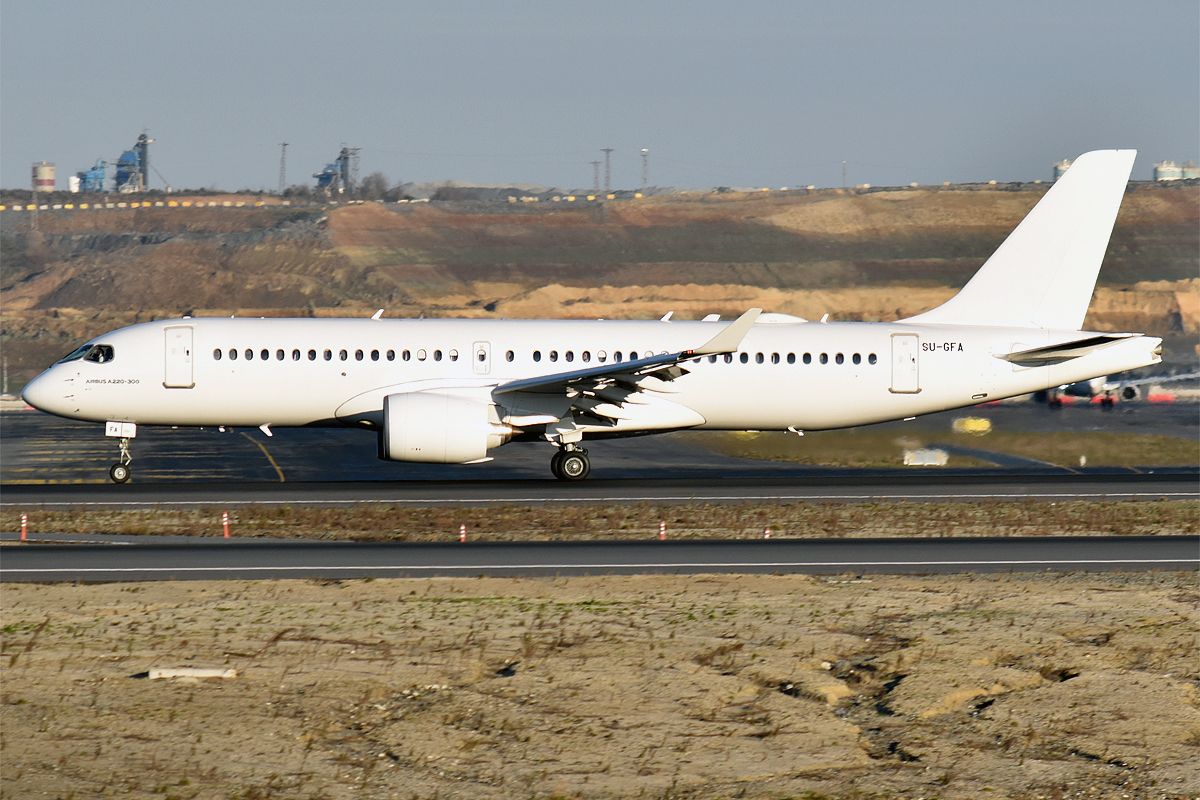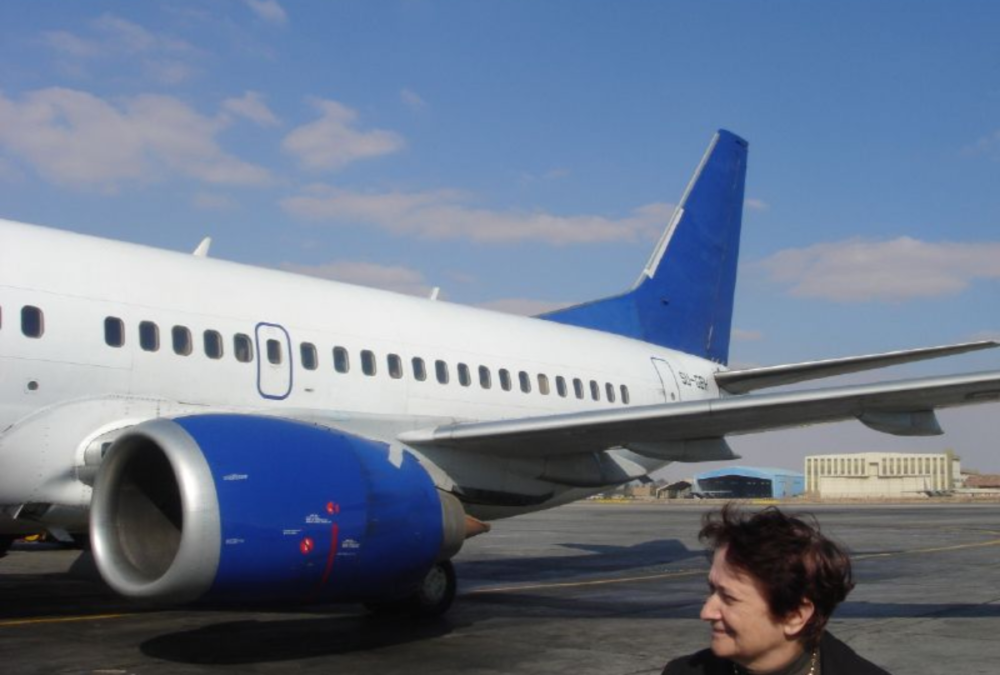The days of Air Sinai's largely unmarked jets attempting to fly under the radar between Cairo and Tel Aviv are coming to an end. Parent company EgyptAir is launching proud and loud four times a week flights between the two cities, rendering the unmarked Air Sinai flights unnecessary.
Mandated but unwanted air link largely covered by unmarked planes
The 1979 Peace Accord between Israel and Egypt opened the way for air links between the two countries. But ongoing mistrust meant EgyptAir or El Al services never took off. The Air Sinai flights were the exception - they operated to meet the Peace Agreement terms that stated civilian air links were to operate between Israel and Egypt. But the flights were kept decidedly low-profile.
“Virtually all of the Arab world boycotted Egypt after the treaty," US ambassador to Egypt from 1979 to 1982, Daniel Kurtzer, told a 2020 Atlas Obscura report. "Part of Egypt’s calculation was that such a visible link poured vinegar on the situation."Â
Ironically, trying to be low-profile raised the airline's profile. Folks expect markings on aircraft. Unmarked planes get people's attention. It is like clocking a naked person walking down the street - you can't help but look. Everyone knew about these Air Sinai flights between Cairo and Tel Aviv that no one was meant to acknowledge.
39 years of trying to fly under the radar
But it is incorrect to assume Air Sinai always operated unmarked planes. A Simple Flying reader with connections to Air Sinai told us Air Sinai flights began in the early 1980s using a unique but marked Boeing 707-331B (N18712). Shortly thereafter, two 737-200s were wet-leased from Egyptair. Both of them were in the full Air Sinaï livery.
In September 1997, the Tel-Aviv service was upgraded with another 737-566 (SU-GBK) leased from Egyptair. That too displayed Air Sinai¨titles. It seems the unmarked planes became more common in the 2000s.
State-owned EgyptAir didn't seem to welcome its smaller paper airline sibling into the fold. In fact, you get the impression EgyptAir loathed the connection. Schedules, telephone numbers for bookings, websites, and a presence on online travel agency booking engines - none of this was ever made available.
But EgyptAir probably just did what it was told by its masters in Cairo. That likely extended to giving Air Sinai two factory-fresh Airbus A220s in 2019, two of 12 A220s ordered by EgyptAir.
For a few travelers, the difficulty of booking a flight only made a ride on an Air Sinai plane more sought after. Bookings had to be made through an affiliated bricks-and-mortar travel agent. Tracking one of those down was part of the charm (or curse) of flying Air Sinai.
Last year, Air Sinai seemingly got a website that accepted credit cards, making the airline more accessible to most. Good move. But that turned out to be an offshore third-party travel agent whose links to Air Sinai and/or EgyptAir were never quite established.
A recent breakthrough has marked EgyptAir flights heading to Tel Aviv
Recently, Prime Minister Naftali Bennett and Egyptian President Abdel Fattah el-Sissi in Sharm el-Sheikh sat down for a rare pow-wow. One of the beneficial outcomes was agreeing to the marked EgyptAir flights beginning.
"The Embassy of the State of Israel in Egypt welcomes the resumption of flights by the airline, EgyptAir, after a long period of suspension due to the outbreak of the coronavirus,†the Israeli Embassy in Cairo tweeted.
“The resumption of direct flights is an important and welcome sign of strengthening bilateral relations between the two countries, especially economic relations."
Israel has seen air links restored or begin with several of its neighboring countries lately - all good news. The loud and proud EgyptAir flights into Tel Aviv continue that trend. But flying in that part of the world is going to be a little less spicy without the presence of those please-don't-ask Air Sinai jets.


